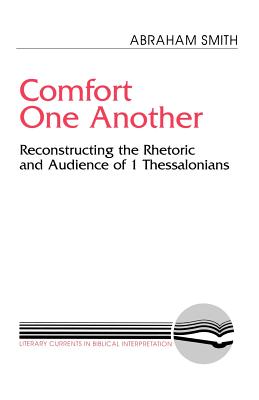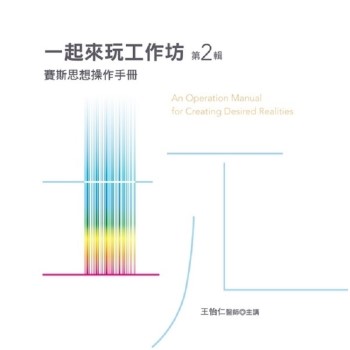This unique study considers the exegetical and hermeneutical possibilities of analyzing the entire letter of 1 Thessalonians as letter of consolation. Abraham Smith maintains that Paul wrote 1 Thessalonians with a full knowledge of the tradition of Greco-Roman letters of consolation and chose the genre to sustain members of the Thessalonian church. Showing how Paul's letter of consolation was understood in Paul's world and by subsequent generations, Smith demonstrates the usefulness of Paul's rhetoric of comfort for modern society.
The Literary Currents in Biblical Interpretation series explores current trends within the discipline of biblical interpretation by dealing with the literary qualities of the Bible: the play of its language, the coherence of its final form, and the relationships between text and readers. Biblical interpreters are being challenged to take responsibility for the theological, social, and ethical implications of their readings. This series encourages original readings that breach the confines of traditional biblical criticism.












